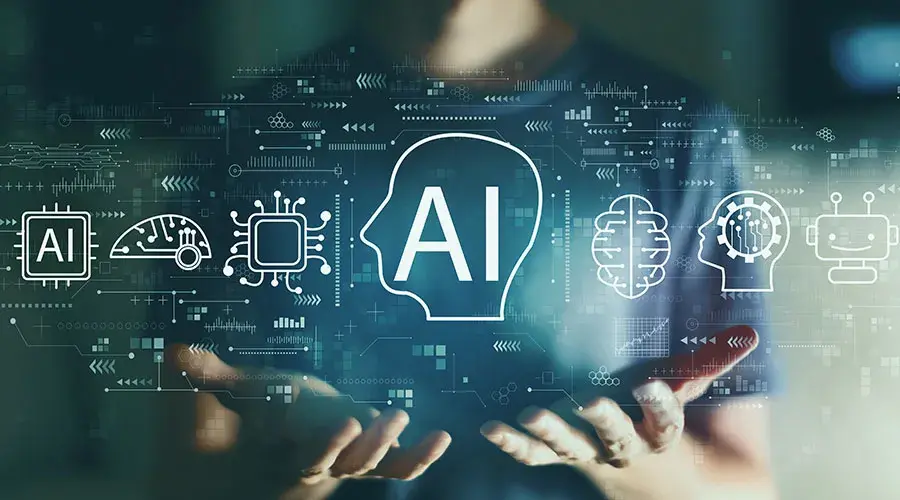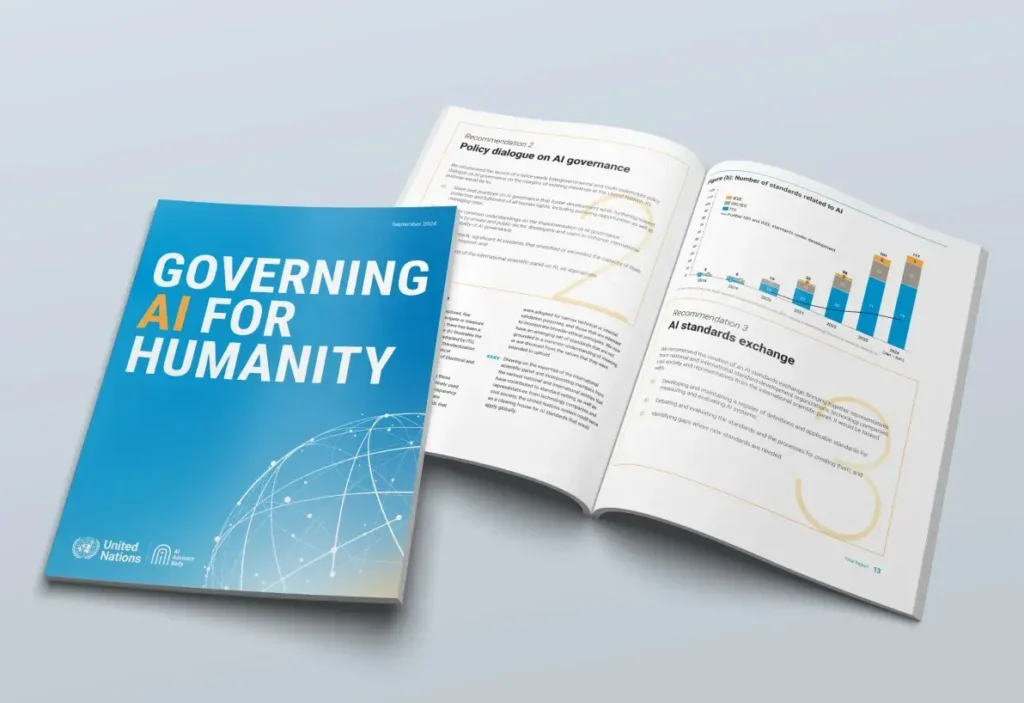Majority of Indian Firms Lack AI Governance Amid Soaring Data Breach Costs: IBM Report
A new IBM study has revealed that a significant portion of Indian companies remain unprepared to tackle the cybersecurity challenges posed by rapid AI adoption. According to the Cost of a Data Breach Report 2025, nearly 60% of Indian organizations either do not have an AI governance policy in place or are still developing one, highlighting a concerning disconnect between the use of artificial intelligence and the implementation of necessary safeguards. The report underscores a growing vulnerability, as India records its highest-ever average cost of a data breach — ₹220 million in 2025, reflecting a 13% spike from ₹195 million the previous year. The increase is attributed largely to companies deploying AI tools without adequate risk management frameworks or access controls. IBM’s global analysis suggests this is not an isolated trend. While businesses worldwide are embracing AI technologies, security infrastructure is struggling to keep pace, creating fertile ground for cyberattacks on unmanaged AI systems. In India, the statistics are alarming: Only 37% of organizations have instituted AI-specific access controls. A mere 42% have mechanisms in place to detect or manage “shadow AI” — unauthorized AI tools used without IT oversight. Shadow AI has now emerged as one of the top three contributors to breach-related costs, adding an average of ₹17.9 million to each incident. However, a majority of organizations have yet to implement tools or protocols to monitor these hidden threats. When it comes to breach causes, phishing remains the leading culprit, responsible for 18% of incidents, followed by third-party and supply chain vulnerabilities (17%) and exploitation of known system flaws (13%). The research sector topped the chart with the highest average breach cost at ₹289 million, closely followed by transportation (₹288 million) and industrial sectors (₹264 million). Despite the clear advantages of using AI-powered cybersecurity solutions — which the report notes can cut breach-related costs by more than 50% — a staggering 73% of Indian organizations report minimal or no deployment of AI-driven security automation. The findings stress an urgent need for enterprises to not only accelerate their adoption of AI governance frameworks but also invest in AI-based defense mechanisms to reduce vulnerability and financial exposure in an increasingly digital world. Source: IBM
Majority of Indian Firms Lack AI Governance Amid Soaring Data Breach Costs: IBM Report Read More »





